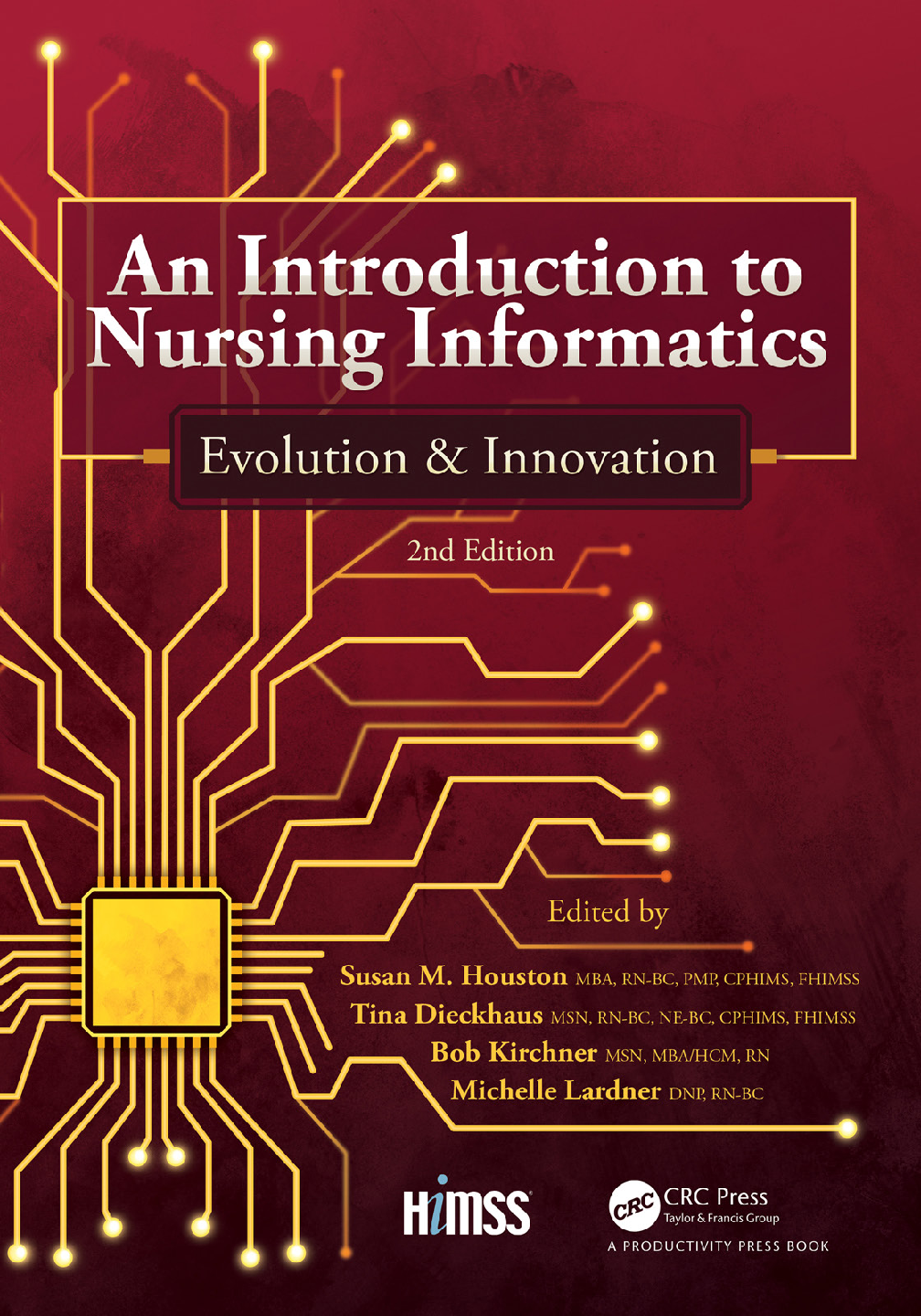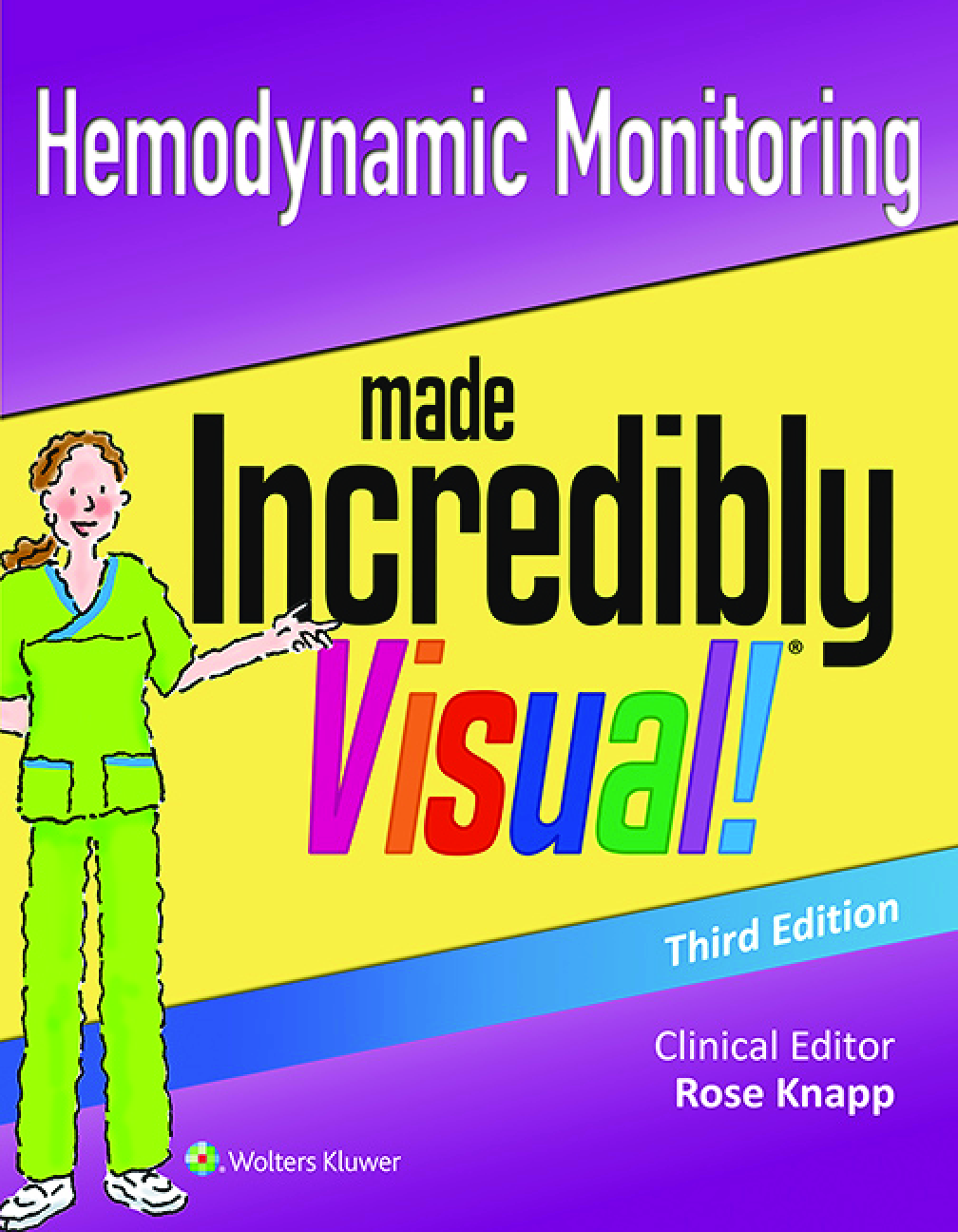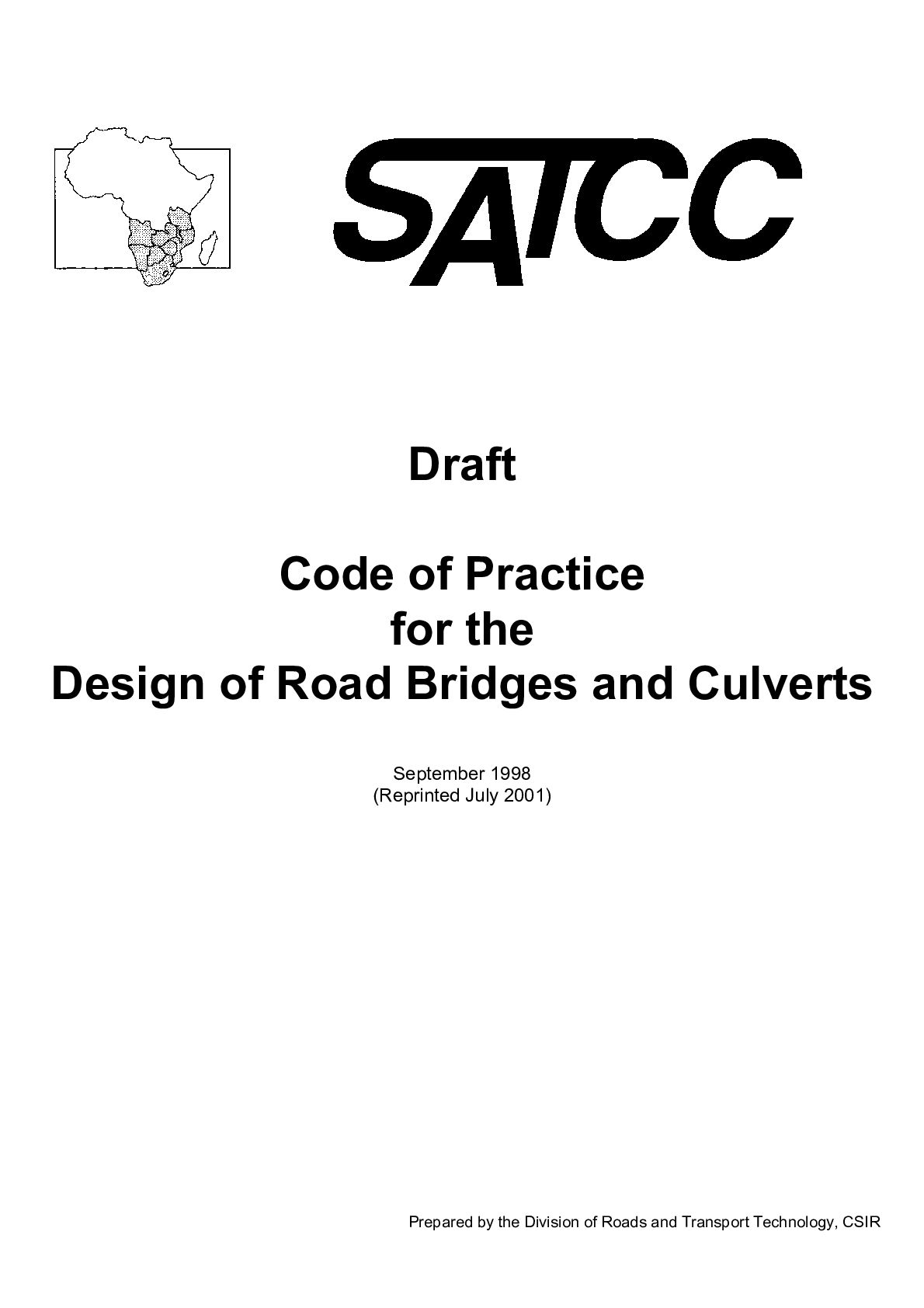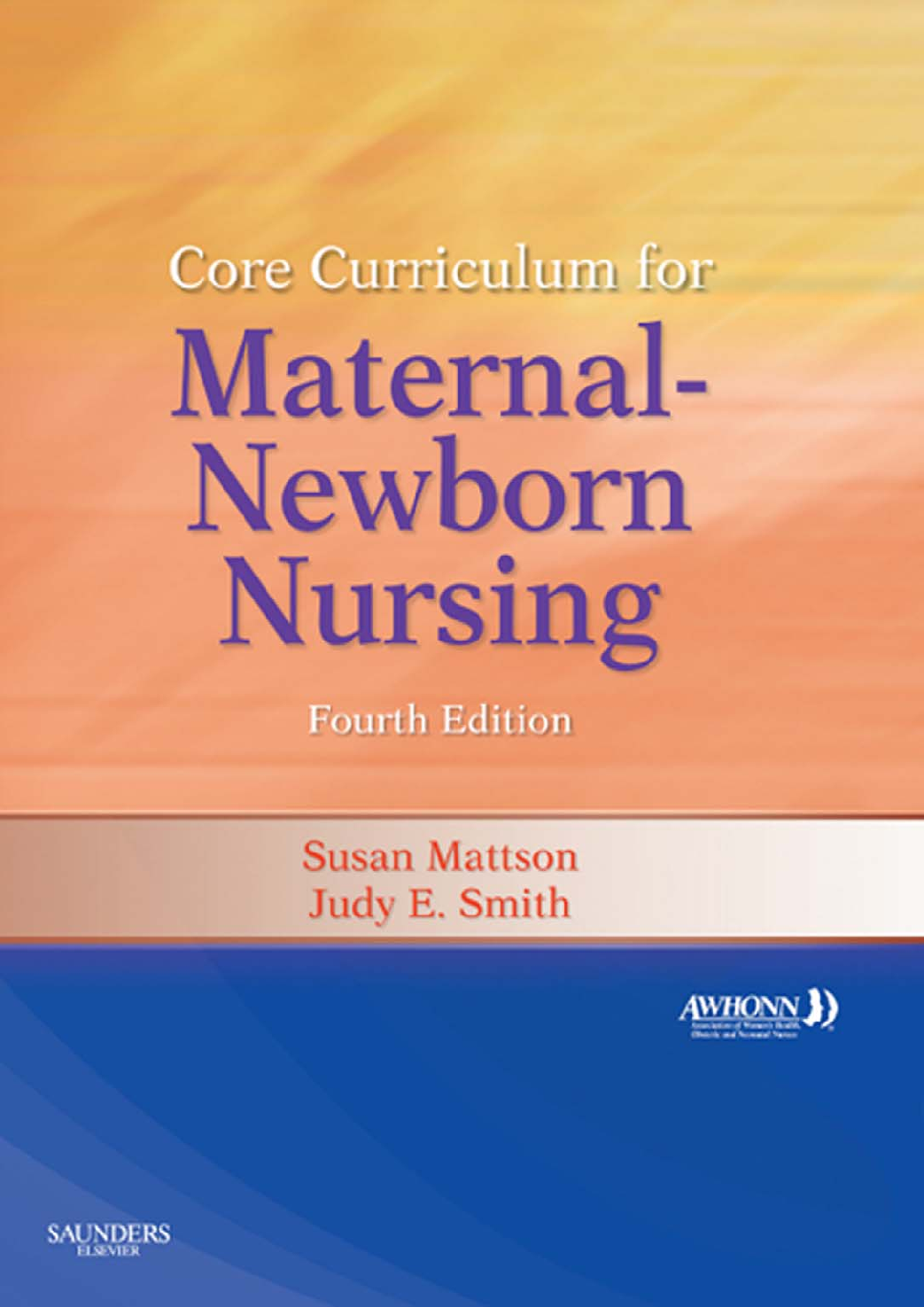*NURSING > eBook-PDF > The Research Process in Nursing SIXTH EDITION Edited by Kate Gerrish PhD, MSc, BNurs, RN, RM, NDN (All)
The Research Process in Nursing SIXTH EDITION Edited by Kate Gerrish PhD, MSc, BNurs, RN, RM, NDN Cert Professor of Nursing, Sheffield Hallam University and Sheffield Teaching Hospitals NHS Foundation Trust Anne Lacey DPhil, MSc, BSc Hons, RGN, CertEd (FE) Diocesan Health Coordinator, Diocese of Madi and West Nile, Uganda, Honorary Senior Research Fellow, University of Sheffield
Document Content and Description Below
The Research Process in Nursing SIXTH EDITION Edited by Kate Gerrish PhD, MSc, BNurs, RN, RM, NDN Cert Professor of Nursing, Sheffield Hallam University and Sheffield Teaching Hospitals NHS ... Foundation Trust Anne Lacey DPhil, MSc, BSc Hons, RGN, CertEd (FE) Diocesan Health Coordinator, Diocese of Madi and West Nile, Uganda, Honorary Senior Research Fellow, University of Sheffield Section 1 Setting the Scene Chapter 1 Research and Development in Nursing 3 Kate Gerrish and Anne Lacey Introduction 3 Nursing research and development 4 Developing nursing knowledge 6 Research awareness, utilisation and activity 8 Research and nursing practice 9 Conclusions 10 References 11 Websites 11 Chapter 2 The Research Process 13 Anne Lacey Introduction 13 Developing the research question 14 Using a hypothesis 18 Searching and evaluating the literature 18 Choice of methodology, research design 19 Preparing a research proposal 20 Gaining access to the data 21 Sampling 22 Pilot study 22 Data collection 23 Data analysis 23 Dissemination of the results 24 Implementation of the results 24 Ensuring rigour 24 Conclusions 25 References 25 Websites 26 Chapter 3 Research Ethics 27 Martin Johnson and Tony Long The importance of ethics in research 27 Issues for researchers to address 28 Strategies for ethical research 32 Conclusions 34 References 34 Websites 35 Chapter 4 User Involvement in Research 36 Gordon Grant and Paul Ramcharan Introduction 36 A brief history of user involvement in research 37 Mapping user involvement in nursing research 38 Challenges for user involvement in nursing research 44 Weighing user experiences – learning disability as a case example 45 Shifting the focus from processes to outcomes 46 Conclusions 46 References 47 Further reading 48 Websites 48 Chapter 5 Research for a Multi-ethnic Society 50 Sarah Salway and George Ellison Introduction 50 The concept of ethnicity 52 Identifying a research focus 54 Ethnic categories and labels 55 Sampling 57 Data collection 58 Data analysis and interpretation 59 Ethical issues 59 Conclusions 60 References 60 Further reading 61 Websites 61 Section 2 Preparing the Ground Chapter 6 Finding the Evidence 65 Claire Beecroft, Andrew Booth and Angie Rees Introduction 65 Electronic information resources and the internet 65 The research literature 66 Accessing the literature 67 Planning a literature search 69 Searching the literature 72 Specialist information sources 74 Writing a literature review 75 Managing references 75 Conclusions 77 References 77 Further reading 78 Websites 78 Chapter 7 Critical Appraisal of the Evidence 79 Angie Rees, Claire Beecroft and Andrew Booth Introduction 79 What is critical appraisal? 80 The need for critical appraisal 81 Validity of research designs 81 How to appraise quantitative research studies 82 How to appraise qualitative research studies 83 How to appraise systematic reviews, practice guidelines and economic analysis 89 Applying the results of critical appraisal 89 Conclusions 91 References 91 Further reading 92 Chapter 8 Preparing a Research Proposal 93 Julie Taylor Introduction 93 Identifying a research idea 94 Identifying sources of funding 94 The research proposal 95 Submission requirements 101 Maximising success 101 Conclusions 102 Reference 102 Further reading 102 Websites 103 Chapter 9 Planning and Managing a Research Project 104 Carol Haigh Introduction 104 Identifying and finding funding 104 Academic and practical support 105 Types of supervisor 106 Supervision selection criteria 107 The responsibilities of the supervisor 107 The responsibilities of the student 109 Sources of emotional and peer support 111 Conclusions 112 References 112 Websites 113 Chapter 10 Gaining Access to the Research Site 114 Leslie Gelling Introduction 114 The need for regulation of research 115 Research ethics 116 R&D approval 122 Informal access to research sites 123 Building the approval process into research planning 124 Conclusions 125 References 125 Further reading 125 Websites 125 Section 3 Choosing the Right Approach Chapter 11 The Quantitative–Qualitative Continuum 129 Annie Topping Introduction 129 The characteristics of quantitative and qualitative research 130 Influences and contributions to the development of nursing research 130 Empiricism and the scientific method 131 Quantitative research 134 Qualitative research 135 Critical accounts of research epistemology 137 Blending quantitative and qualitative approaches Judging the quality of quantitative and qualitative research 138 Conclusions 139 References 139 Websites 141 Chapter 12 Sampling 142 Susan Procter, Teresa Allan and Anne Lacey Introduction 142 Populations and samples 142 Types of sampling 144 Sampling schemes in quantitative research 145 Calculating sample size in quantitative research 147 Sources of bias in quantitative sampling 148 Sampling in qualitative research 148 Calculating sample size in qualitative research 150 Sampling strategies used in qualitative and quantitative research 151 Conclusions 152 References 152 Further reading 152 Chapter 13 Grounded Theory 153 Immy Holloway and Les Todres Introduction 153 The purpose and main features of grounded theory 154 The relevance of grounded theory in nursing research 154 The theoretical basis of grounded theory: symbolic interactionism 155 Data collection and initial sampling 156 Data analysis 157 The theory 160 Writing memos 160 The use of literature in grounded theory 161 The choice between Glaserian and Straussian grounded theory 161 Problems and strengths of grounded theory 162 Conclusions 163 References 163 Further reading 164 Website 164 Chapter 14 Ethnography 165 Immy Holloway and Les Todres Introduction 165 The characteristics of ethnography 166 The use of ethnography in nursing 167 Descriptive and critical ethnography 168 Selection of sample and setting 169 Data collection 170 Fieldwork and fieldnotes 172 Macro- and micro-ethnographies 172 Data analysis and interpretation 172 Relationships and problems in the setting 174 The ethnographic report 174 Conclusions 175 References 175 Further reading 176 Chapter 15 Phenomenological Research 177 Les Todres and Immy Holloway Introduction 177 The purpose of phenomenological research 177 The use of phenomenology in nursing 179 Main features 179 Fieldwork 182 Analytical procedures 183 Strengths and limitations 185 Conclusions 186 References 187 Further reading 187 Websites 187 Chapter 16 Narrative Research 188 Dawn Freshwater and Immy Holloway Introduction 188 The nature and purpose of stories 189 Narrative inquiry in nursing 191 Illness narratives or stories of sickness 192 Ethical issues in narrative research 193 Collecting and analysing narrative data 194 Critical issues in narrative inquiry 195 Writing and reporting narrative research 196 Conclusions 197 References 197 Further reading 198 Chapter 17 Experimental Research 199 Andrea Nelson, Jo Dumville and David Torgerson Background 199 Experimental versus observational studies 199 Characteristics of experimental design 200 Pre-/post-test studies 201 Interrupted time series Controlled before and after studies 203 Controlled trials 203 The randomised controlled trial (RCT) 204 Randomised controlled trials and the reduction of bias 206 Other experimental designs 209 Single-case experimental design (n of 1 trial) 210 Reporting and reading of RCTs 212 Important considerations in using RCTs 212 Strengths and limitations of RCTs 213 Conclusions 214 References 214 Websites 215 Chapter 18 Surveys 216 Hugh McKenna, Felicity Hasson and Sinead Keeney Historical development of survey research in health 216 Descriptive surveys 217 Correlational and comparative surveys 218 Longitudinal surveys and cohort studies 219 Sources of data in survey research 220 Epidemiology 223 Conclusions 224 References 225 Further reading 225 Websites 226 Chapter 19 The Delphi Technique 227 Sinead Keeney Introduction 227 Defining the Delphi technique 228 The expert panel 228 Delphi rounds 230 Response rates 231 Modifications of the Delphi technique 231 Time frame 232 Anonymity 232 Gaining consensus 233 Interpreting results 233 Skills of the researcher 233 Critique of the technique 234 Ethical considerations 234 Conclusions 235 References 235 Further reading 236 Websites 236 Chapter 20 Case Study Research 237 Charlotte L Clarke and Jan Reed Introduction 237 Definitions of case study methodology 239 Research questions 240 Selection of cases 240 Research design 242 Data analysis 243 Presentation and reporting 246 Conclusions 247 References 247 Chapter 21 Evaluation Research 248 Colin Robson What is evaluation? 248 Why evaluation research? 248 The satisfaction questionnaire 249 Models of evaluation 249 Quantitative or qualitative? 253 The political nature of evaluation 254 Evaluation research and evidence-based practice 254 Conclusions 255 References 255 Further reading 256 Websites 256 Chapter 22 Action Research 257 Julienne Meyer Principles of action research 257 Common models of working with action research in nursing 258 Action research in healthcare practice 259 The role of the researcher in action research 263 Ethical issues 264 Methods of data collection 264 Assessing quality 266 Research as an agent of change 267 Advantages and disadvantages of action research 268 Conclusions 269 References 269 Further reading 270 Websites 270 Chapter 23 Practitioner Research 271 Jan Reed Introduction 271 Background to practitioner research 272 Insider and outsider positions 275 Reflecting on the practitioner research process 276 Ethical issues 281 Conclusions 282 References [Show More]
Last updated: 2 years ago
Preview 1 out of 2272 pages

Buy this document to get the full access instantly
Instant Download Access after purchase
Buy NowInstant download
We Accept:

Reviews( 0 )
$15.00
Can't find what you want? Try our AI powered Search
Document information
Connected school, study & course
About the document
Uploaded On
Aug 15, 2021
Number of pages
2272
Written in
Additional information
This document has been written for:
Uploaded
Aug 15, 2021
Downloads
0
Views
90






















